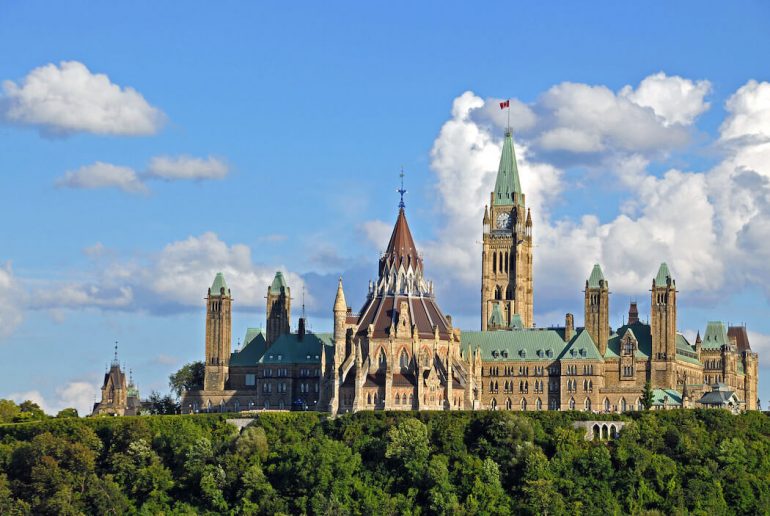On Thursday, The Government of Canada announced that it is extending the Canada Emergency Response Benefit (CERB) by an additional four weeks and revealed its transition plan to end the program.
The federal government is also prospering three new benefit programs.
CERB, which provides support to workers who have been laid off amid the COVID-19 pandemic, will now officially be in place until September 26, after which the government will look to transition people to employment insurance (EI) or other newly proposed programs.
Deputy Prime Minister and newly named Minister of Finance, Chrystia Freeland, and the Minister of Employment, Workforce Development and Disability Inclusion, Carla Qualtrough, on Thursday, announced changes to the EI program as well as new income support benefits meant to better support Canadians. The extension of CERB for the additional four weeks is meant to ensure that Canadians continue to receive financial support in the meantime.
At the end of July, Prime Minister Justin Trudeau announced his government’s intention to shift recipients of the CERB to the federal EI program, beginning in September. Trudeau said at the time that government was looking to create a “transitional, parallel benefit” that is similar to EI for contract works, gig economy workers, and those who don’t qualify for the CERB
In addition to making changes to EI, which are meant to make it easier for more than 400,000 people to access the program, the federal government is also prospering three new benefit programs. Trudeau’s government intends to introduce new legislation to support the implementation of the new benefits.
The federal government is proposing:
The Canada Recovery Benefit (CRB), which would provide $400 per week for up to 26 weeks, to workers who are self-employed or are not eligible for EI, but still require income support as they look for work. The benefit is meant specifically for people whose income has dropped or not returned due to COVID-19.
The Canada Recovery Sickness Benefit (CRSB), which would provide $500 per week for up to two weeks, for workers who are sick or must self-isolate for reasons related to COVID-19.
The Canada Recovery Caregiving Benefit (CRCB), would provide $500 per week for up to 26 weeks per household, for eligible Canadians unable to work because they must care for dependents or children under 12, due to school, daycare, or care home closures caused by COVID-19.
The changes announced Thursday are expected to cost $37 billion.
Trudeau’s government is required to introduce legislation regarding the newly proposed benefit programs before they can be put in place. On Tuesday, the Prime Minister prorogued Parliament until September 23, a move that effectively kills any business currently in session, spanning bills and committees. The move came just hours after Freeland was sworn in to replace former Minister of Finance, Bill Morneau.
Photo by Dennis Jarvis via Flickr


